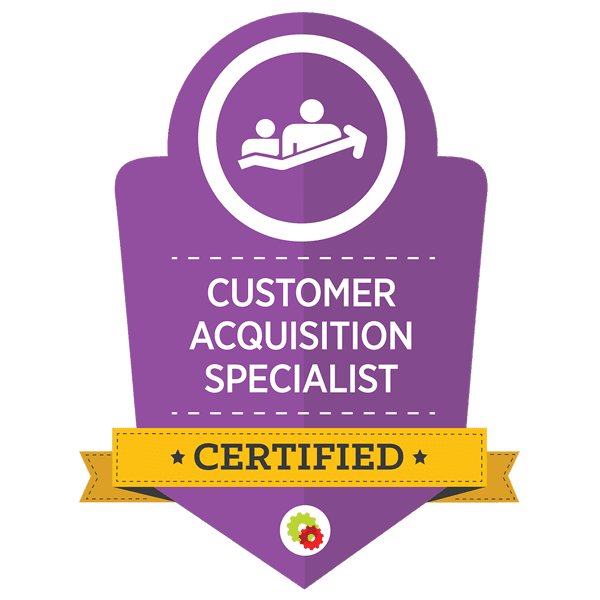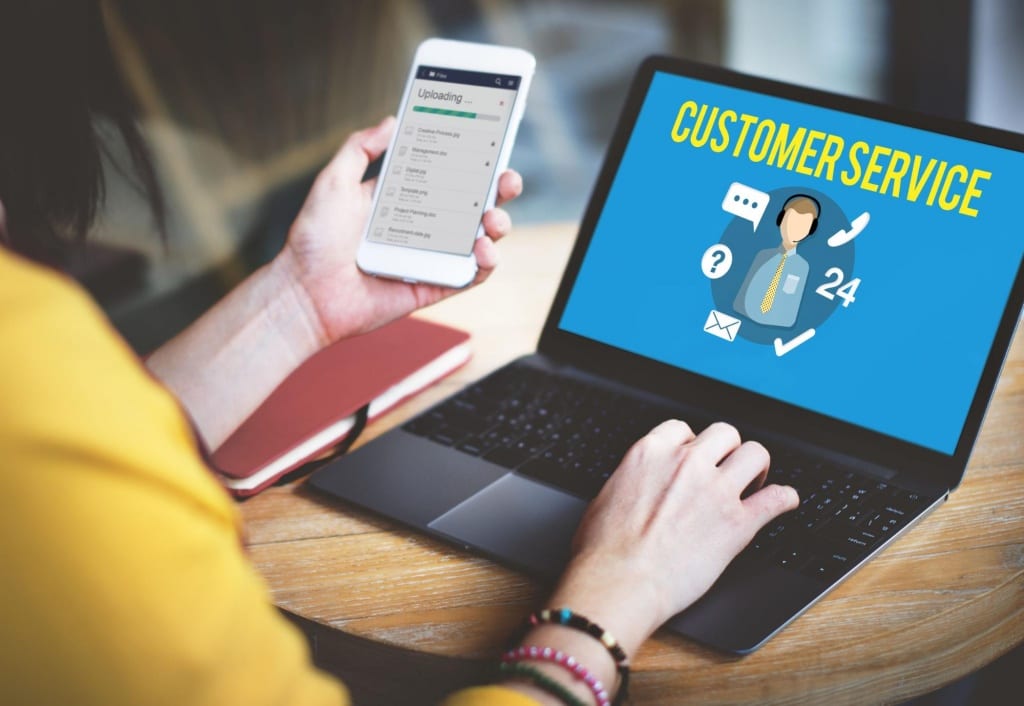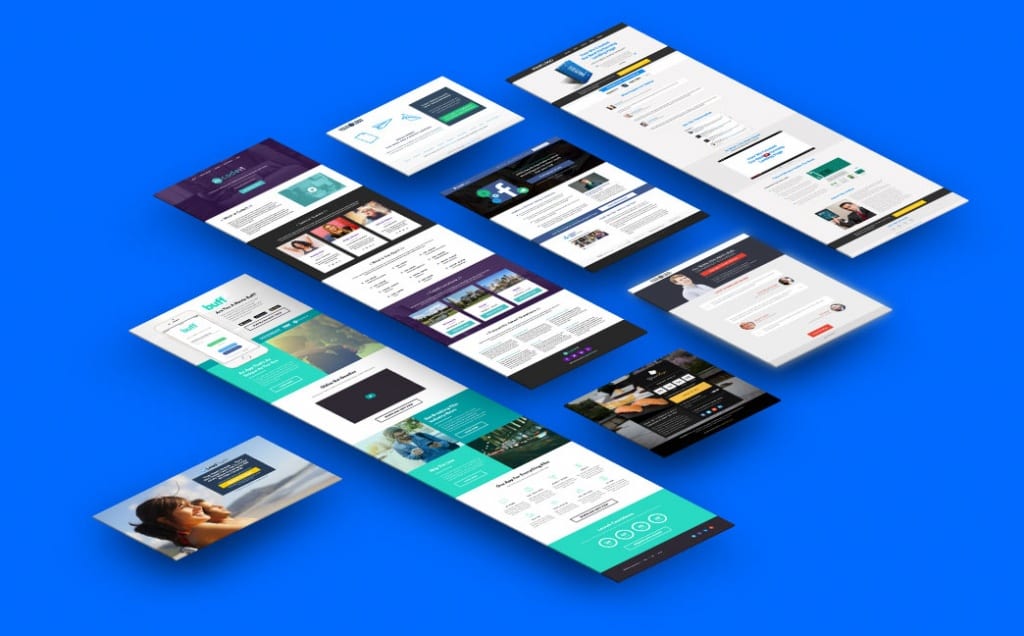Did you know that 49% of small businesses do not have their own website?
Yes. Even in today’s digital age, just under half of small business owners in the United States do not consider having a website a necessity. Some small business owners consider a Facebook page to be enough online exposure. Others may think that an email or call campaign would be the way to promote their products. A well-crafted small business website should be part of every business owner’s success arsenal.
Score.org, a non-profit association that helps small businesses grow, reports that based on their data, only 51% of small businesses have websites and a lot of these sites aren’t structured for success.
Consider these statistics in the Score.org report:
- 97% of consumers search online for products and services
- 91% visited a store because of an online experience
- 37% use the internet to find a store at least once per month
Your small business website will give your customer a 24/7 glimpse into your world. You can engage your customers in areas which other traditional avenues would not reach. How can you make sure that your website will be up to this challenge? Here are the top 8 pages that every small business website should have to be effective.
Home Page

Photo Credit: Shutterstock
First impressions last. This is never more true than on your home page. A small business website’s home page should be visually appealing and cleverly organized. This is a powerful tool towards introducing your business successfully.
Microsoft has found that since the mobile revolution began in the year 2000, people’s attention span has dropped to just eight seconds, shorter than that of a goldfish. This means that your home page has roughly eight seconds to make an online visitor want to know more about you. A good home page should have great branding identity and relevant visuals.
Also, the entire site should be optimized for both desktop and mobile use. With an overwhelming 90% of Americans online, 77% of whom have smartphones, having a small business website that is not mobile-friendly will instantly translate to lost opportunities within the first few clicks.
Google reports that half of consumers who use their smartphones to search for products visit a store within a day. Almost one-fifth of those searches actually lead to a purchase (online or otherwise) within the same day.
An effective home page will make visitors want to learn more about you, past the magic eight-second mark. It will help funnel readers through to other areas of your website.
TOP TIP: Display your call-to-action and contact information prominently. Consider accessibility and intuitive ease when putting social media buttons, email sign-ups, a search feature, and working links to other portions of your site.
About Us



Photo Credit: www.cmsgp.com
Written in the first person, your About Us page should give your customer a background of your business, your mission statement, and a brief rundown of your team. Short, concise paragraphs and bullets are the order of the day here.
TOP TIP: Including an interesting backstory or a short anecdote adds personality to this page.
Products or Services Page
Aside from your home page, this page can make or break your site. For an online visitor, nothing is more frustrating than discovering an inadequate product or services page, after clicking through an impressive home page.
How you organize the information on this page will dictate your customer’s understanding of your business and their desire to buy. 50% of online sales are lost because visitors cannot find the content that they need.
A summary page with clear descriptors and links to sub-pages with more detailed information are basic elements to have on this page. E-commerce links to pricing and shopping cart pages are also important.
Deciding how many pages you need depends on the nature of your business. A single-service business, such as that for a local plumber, may only need one or two pages. A site offering consultancy services or a niche product may need several pages, depending on their product categories. Food businesses may require order pages and reservation links. A catalog site will naturally need more.
Use as many sub-pages as you need to organize your information successfully. By putting different tags and content on each of your sub-pages, you are giving search engines more opportunities to find your website. You are also boosting your chances of being listed among the top search results.
TOP TIP: Not all of your customers will be ready to buy. Offer to email customers some freebie content such as an eBook, or a guide, or a relevant whitepaper as a lead generation tool.
Testimonials or Product Reviews


Brian Sutter, a small business marketing thought leader and Marketing Director of Wasp Barcode Technologies, points out that, “There’s a fatal flaw to marketing: People often don’t believe what we say about ourselves. But they do believe what other people say about us. Even if you’ve got just one testimonial, put it up on your site. It will get you more business, and hopefully more testimonials.”
Reviews or testimonials, a.k.a. “Social Proof,” are powerful credibility builders. They are effective indicators of trust. The best testimonials for your small business website are those that use direct quotes, with relevant links, if applicable. Putting names, photos, credentials or email addresses also build viewer confidence.
TOP TIP: Having an online “brag wall” containing any awards, recognitions, and badges that your business has earned is also an effective success indicator.
Read also : Why is it Important to Have a Reputation Management Policy?
Blog


Having your own blog adds credibility to your website and prevents the site’s content from becoming stale. A well-promoted blog will give your small business website additional organic traffic. By providing insights to your audience, you also have the chance to position yourself as an industry expert or thought leader. This will differentiate your site and give it personality. Connecting your blog to your social media feeds and relevant online directories gives you a veritable SEO goldmine.
TOP TIP: Consider guest blogging. This gives you fresh content and helps your website earn quality inbound links.
FAQ
After browsing through your home page and quickly scanning your product pages, some customers just naturally make a beeline for a website’s FAQ. Put yourself in these customers’ shoes. Make sure you anticipate the types of questions that they would typically ask when browsing through a small business website. Prepare simple, concise explanations with links to infographics or relevant external resources, if applicable. Remember, most people scan quickly before zeroing in on what they need. Organize the information on this page to enable quick scanning.
TOP TIP: Provide a link at the end of this section asking customers if they found the information that they need and directing them to a contact page for additional questions. Make sure to reply promptly to queries from this page.
Contact Us


Aside from having your contact information on all pages, provide a single spot where your customers can obtain all of your contact details. A well-designed online form will help them communicate with you better.
Make sure that your physical address, contact numbers, email addresses, and social media buttons are well displayed. If your business has different branches or affiliated dealers, provide links to an organized list. Make sure that all of the listed numbers and email addresses are current and working.
TOP TIP: If the nature of your business calls for a physical visit, such as an events venue or a repair shop, embed a Google map with driving and commuting directions.
Privacy Policy and Copyright Info
Often overlooked, but no less important, is your small business website’s privacy policy and copyright info page. This promotes transparency and projects an air of professionalism which adds credibility to your page. It will also inspire consumer confidence. Make sure that this page is thoroughly vetted by your lawyer. Avoid too much legalese as this can be off-putting and intimidating.
TOP TIP: Put links to this page at the bottom of all your website pages and in your FAQ. Make sure that you provide an option to download or print the information on this page.


Thirty years ago, a customer in search of suppliers for a product or service would “let their fingers do the walking” by leafing through the Yellow Pages. Today, information is literally available in seconds at a customer’s fingertips via search engines that direct people to websites near instantaneously. Promoting a small business website is easier than it has ever been.
Also, e-commerce has been experiencing a major boom as a result of opportunistic marketing riding on the back of technology. In just three short years, by 2020, worldwide retail e-commerce sales figures are expected to pass the $4 trillion mark.
As with all success stories, the adventure starts by getting your customers in your (virtual) door. Avoid some of the common pitfalls that some websites encounter. Keep things simple by delivering a powerful message in a visually concise, professional way. All it takes are just these eight main pages.





